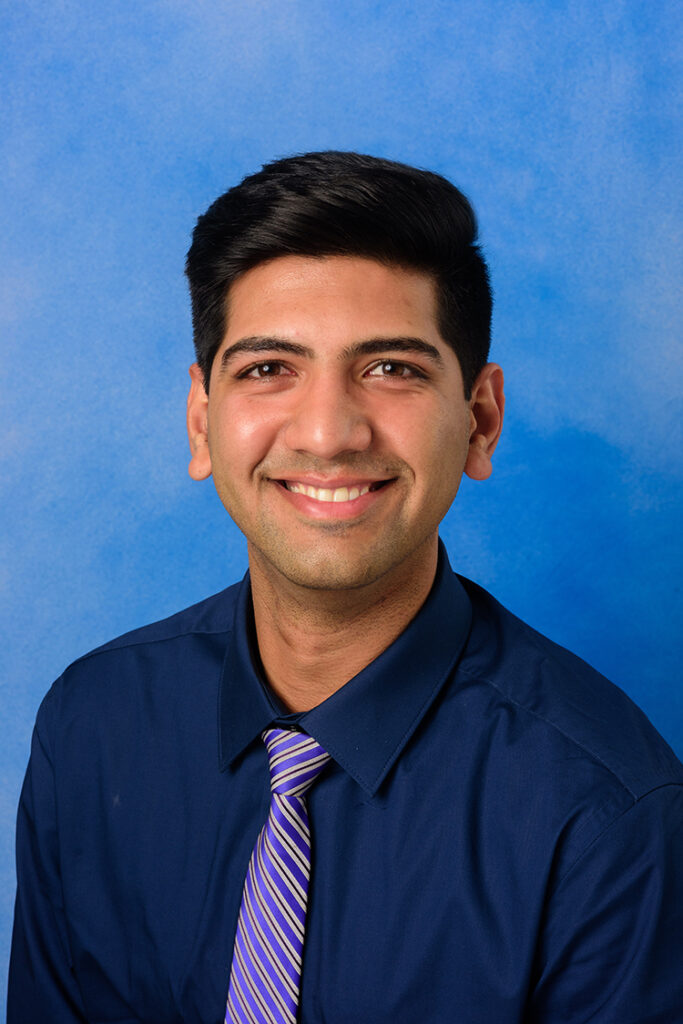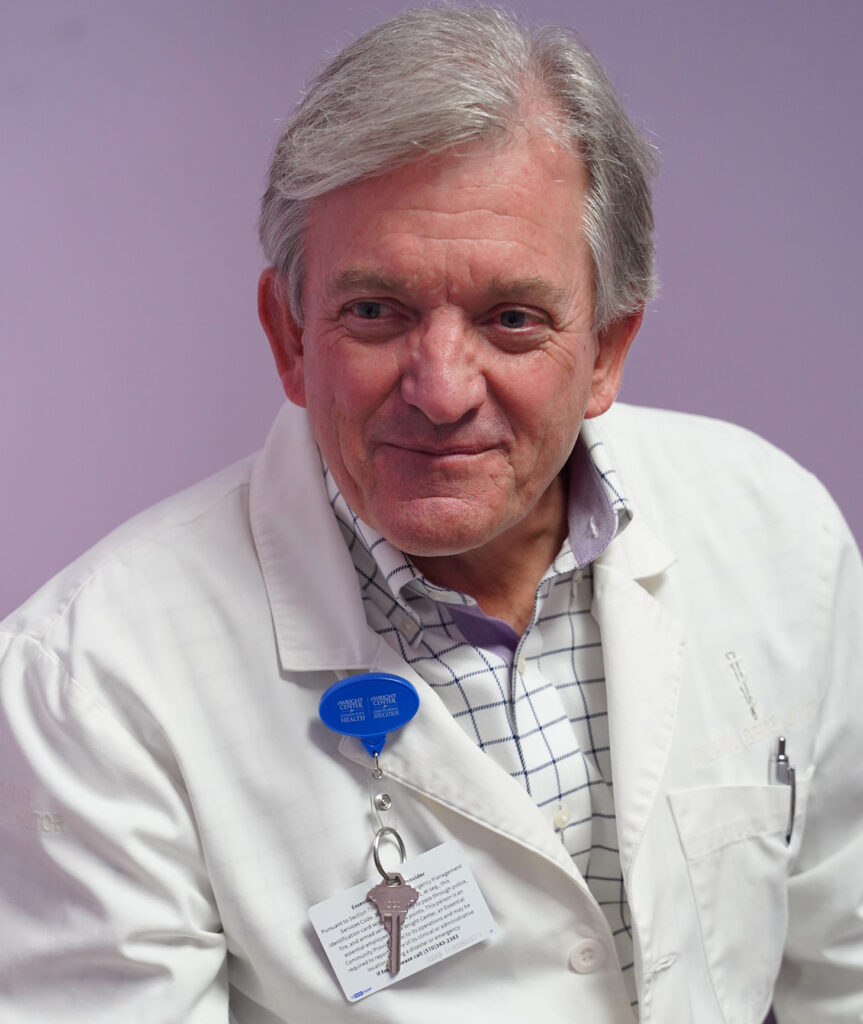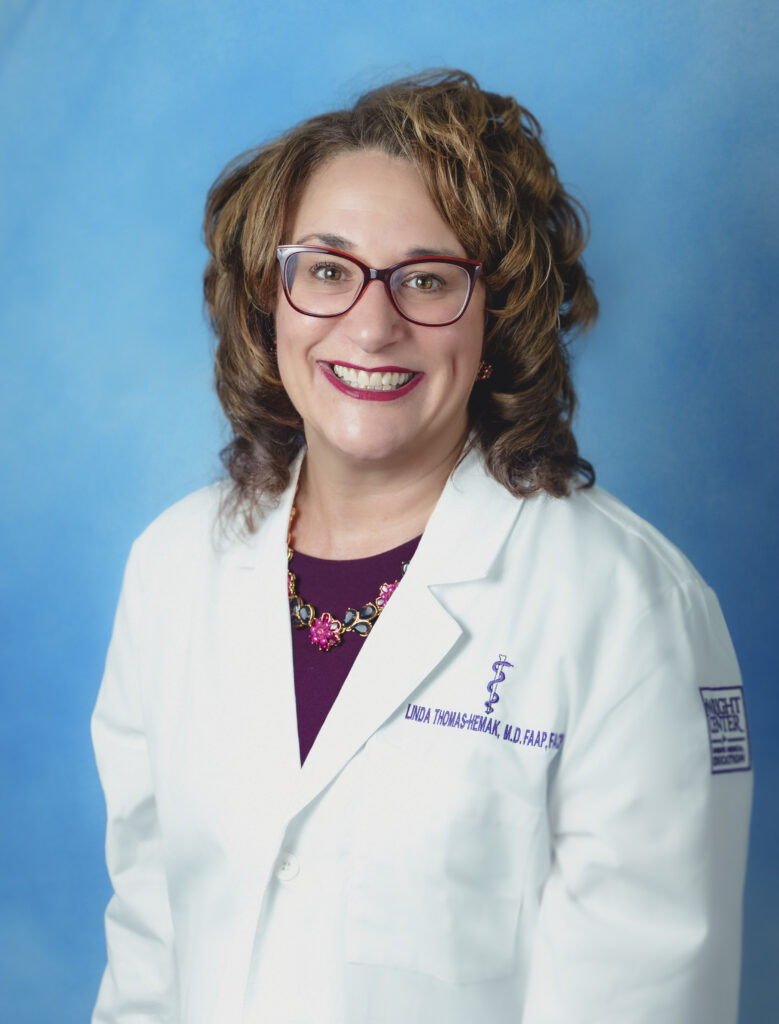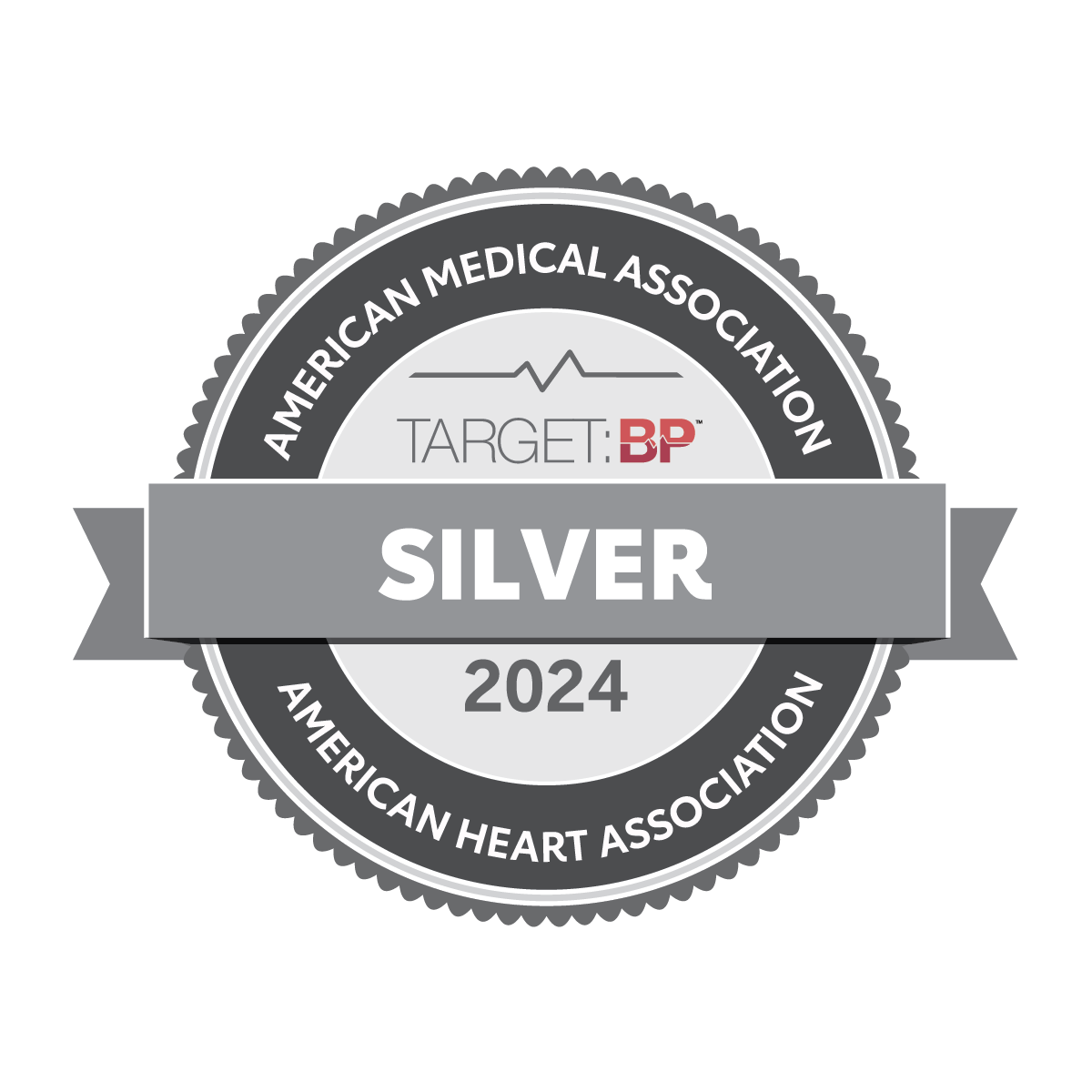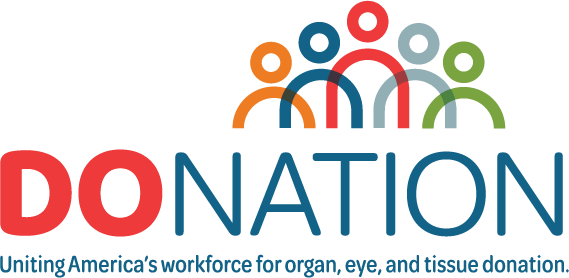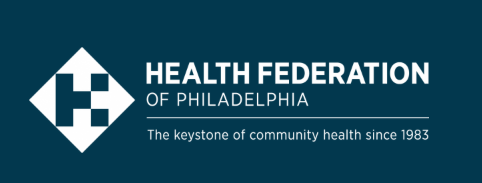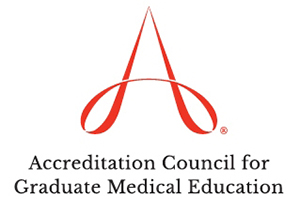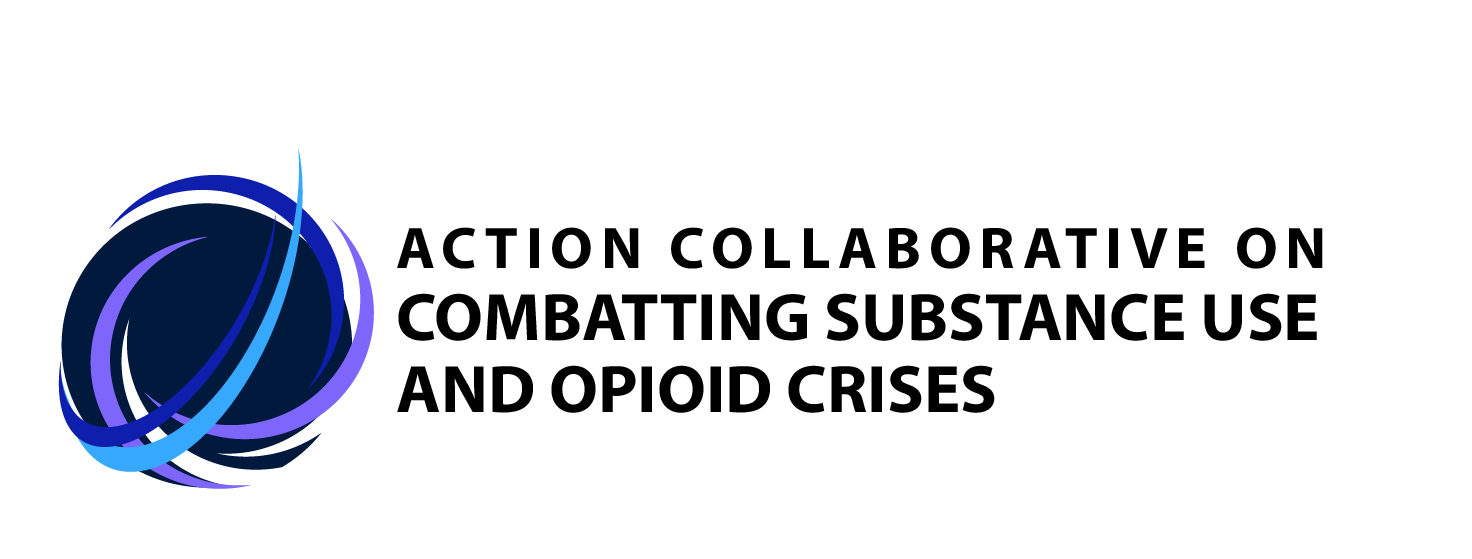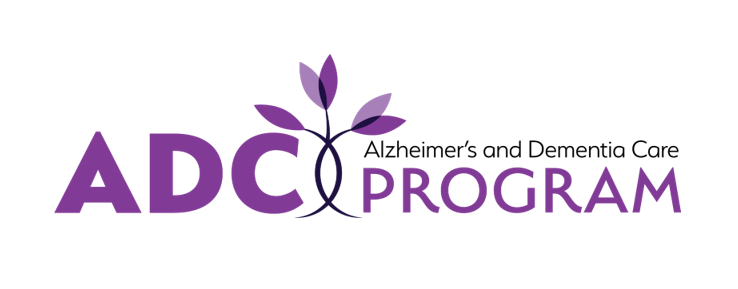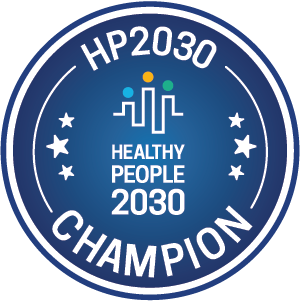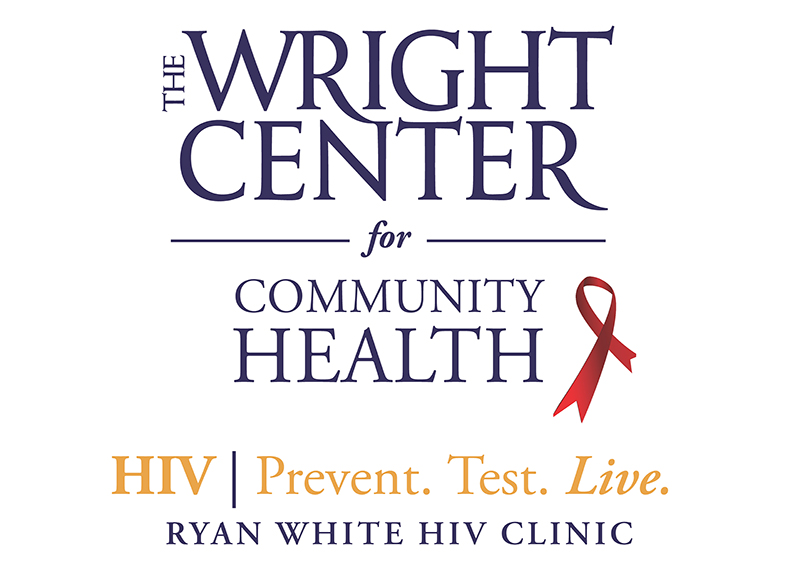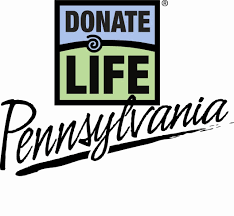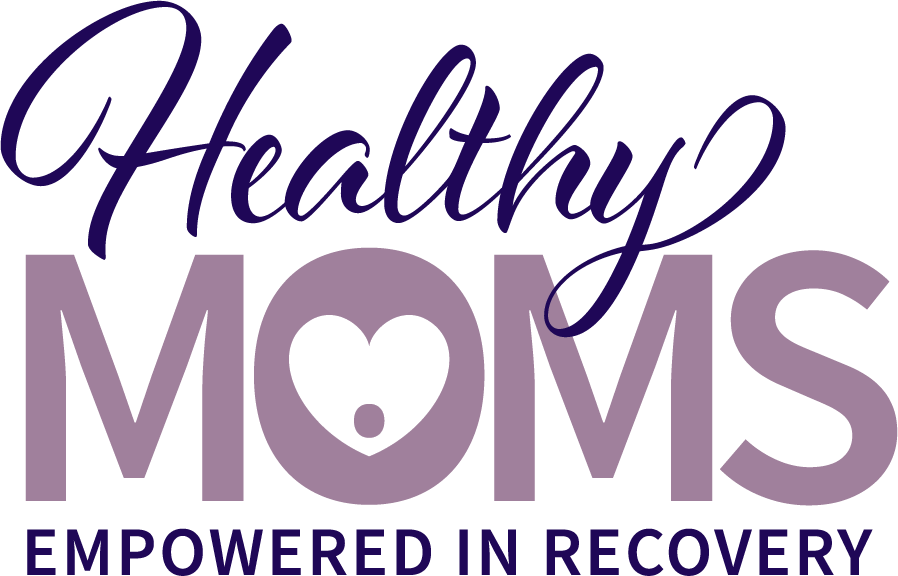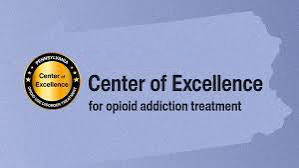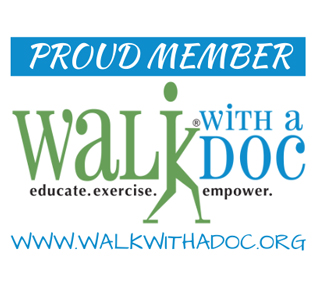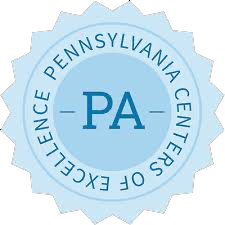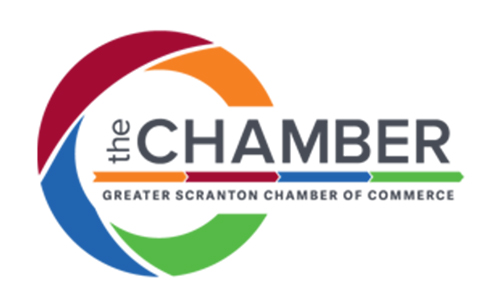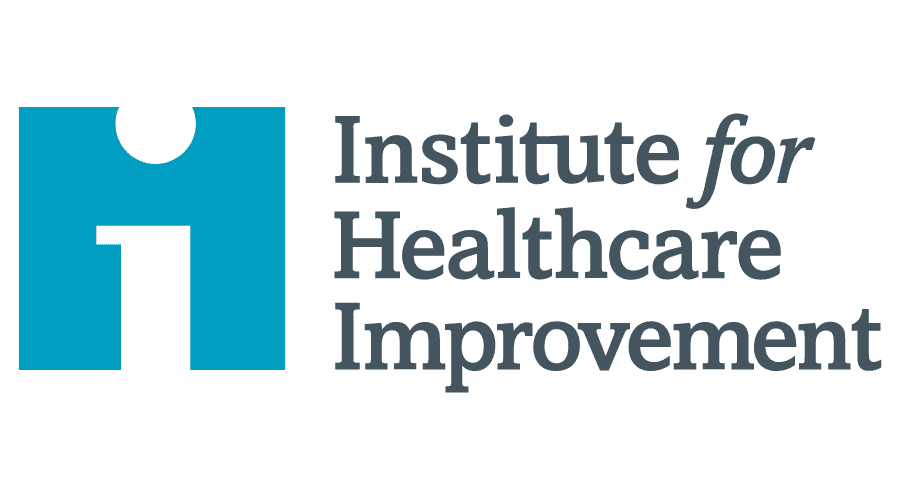Expands collaboration with Endless Mountains Health Systems in Susquehanna County
Scranton, Pa. (Nov. 22, 2021) – The Federal Communications Commission’s Wireline Competition Bureau recently awarded a nearly $500,000 grant to The Wright Center for Community Health in collaboration with Endless Mountains Health Systems to support telehealth infrastructure that serves patients in Lackawanna, Luzerne, Susquehanna, Wayne and Wyoming counties.
The $491,814 grant was made available through the federal COVID-19 Telehealth Program: Round 2. The Wright Center was also the recipient of $629,051 in grant funding for Round 1 of the program.
The new round of grant funding supports the purchase and installation of secure telehealth devices and supporting systems. The new technology will expand and enhance telehealth capacity for both health care systems, including check-ins, triage, care delivery and follow-up appointments with video conferencing and telehealth audio calls at regional community health practices in Northeast Pennsylvania.
“We are extremely grateful for this generous federal award to enhance access to and the delivery of essential health services related to COVID-19,” said Dr. Linda Thomas-Hemak, president and chief executive officer of The Wright Centers for Community Health and Graduate Medical Education. “These crucial resources will have a long-term, positive impact on enhancing access to primary preventive care and chronic disease management services for patients, including those with substance use disorder.
“We are equally thrilled to have partnered with Endless Mountains Health Systems on this initiative and to be delivering these critical resources to the rural community they serve.”
Endless Mountains Health Systems, a federally designated critical access hospital, is a not-for-profit 25-bed acute care hospital with emergency services and ancillary services. Critical access hospitals, while vital to the health and welfare of the communities they serve, are challenged often in accessing the resources and capacity to set up their own telehealth infrastructure. Including Endless Mountains Health Systems as a strategic partner and pursuing support for their technology needs enhanced The Wright Center’s grant application and vital regional health system connectivity.
A successful FCC Round 1 recipient, The Wright Center’s partnership with Endless Mountains Health Systems further extends impactful telehealth reach in rural Pennsylvania during the pandemic. The new funding stream enhances access for patients served by Endless Mountains Health Systems by providing them an opportunity to tele-connect with their health care providers.
In addition, the technology will be compliant by federal Health Insurance Portability and Accountability Act (HIPAA) standards for patient-doctor interaction. Telemonitors, kiosks and related mobile devices will serve as the patient-doctor platform for the exchange of electronic health records, telehealth visits and information services, while enhancing the platform between patient portals and digital applications that support scheduling, show rates and follow-up telehealth visits for COVID-19-related services.
Overall, telehealth services facilitate public health strategies, especially during the COVID-19 pandemic, by increasing social distancing and offering additional flexibility for patients and providers that can save time and resources. E-visits also afford continuity of care, which can prevent negative consequences due to delays in preventive, chronic and routine care.
The Wright Center for Community Health, a Federally Qualified Health Center Look-Alike, provides a comprehensive medical home to more than 30,000 patients in inpatient and outpatient settings, more than 40% of whom are uninsured, underinsured or low income. Eight primary care practices and the mobile medical unit, Driving Better Health, serve patients over a 3,300-square mile area.


